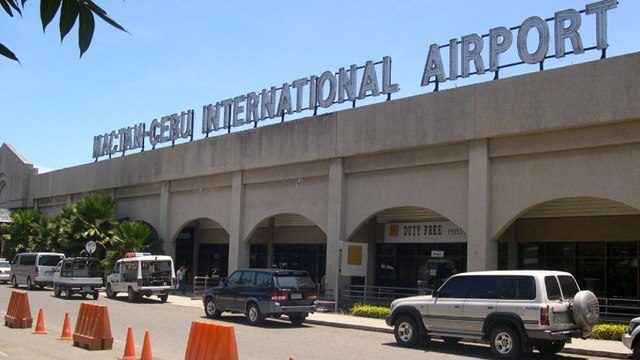SUMMARY
This is AI generated summarization, which may have errors. For context, always refer to the full article.

MANILA, Philippines – The Supreme Court said the airport terminal building, airfield, runway, taxiways, “and the lots on which they are situated” are exempted from real property tax imposed by Lapu-Lapu City on the Mactan-Cebu International Airport Authority (MCIAA).
In a July 15 decision penned by Associate Justice Teresita Leonardo-de Castro but released only Thursday, July 23, the High Court’s First Division declared null and void the public auction of 27 of MCIAA’s properties earlier sold for delinquency in realty tax obligations.
The decision is based on a MCIAA’s petition for certiorari seeking to annul all real property tax assessments made on lots utilized exclusively for public or government use.
Real property tax is a local tax imposed on a property assessed at full value or a price that the owner could sell it for in the current market or per computation using other valuation method.
The SC suled that the MCIAA is a government instrumentality and all its airport lands and buildings are exempt from real estate taxes imposed by the local government unit.
“The airport lands and buildings of MCIAA are properties of public dominion because they are intended for public use. As properties of public dominion, they indisputably belong to the State or the Republic of the Philippines, and are outside the commerce of man,” the decision read.
Only portions of the airport lands and buildings leased to taxable persons like private parties are subject to real estate tax.
The petition stemmed from tax assessments made on MCIAA’s properties in 1997. Until 2002, MCIAA incurred a real property tax balance of P246.4 million ($5.41 million) resulting in a public auction of its properties – which were forfeited and purchased by the LGU due to a lack of interested bidders. This prompted MCIAA to seek recourse with the Court.
Clarification
The SC said in its decision that it welcomed a “clear opportunity” to clarify the effects of its two previous rulings, issued a decade apart, on the power of LGUs to collect real property taxes from airport authorities located within their area.
In particular, its 2006 ruling in the case of the Manila International Airport Authority (MIAA) versus the Court of Appeals, which exempted MIAA from the taxing powers of Parañaque City, effectively reversed its 1996 ruling in MCIAA versus Marcos that declared MCIAA as subject to real property taxes.
The High Court reiterated that the MCIAA is vested with corporate powers but it is not a stock or non-stock corporation, which is a necessary condition before an agency or instrumentality is deemed a government-owned and -controlled corporation (GOCC).
“Like MIAA, petitioner MCIAA has capital under its charter, but is not divided into shares of stocks,” the decision said.
Thus, unlike GOCCs, there is no reason for LGUs to tax national government instrumentalities like MCIAA for rendering essential public service, unless legislature clearly intended otherwise. – Rappler.com
Add a comment
How does this make you feel?
There are no comments yet. Add your comment to start the conversation.